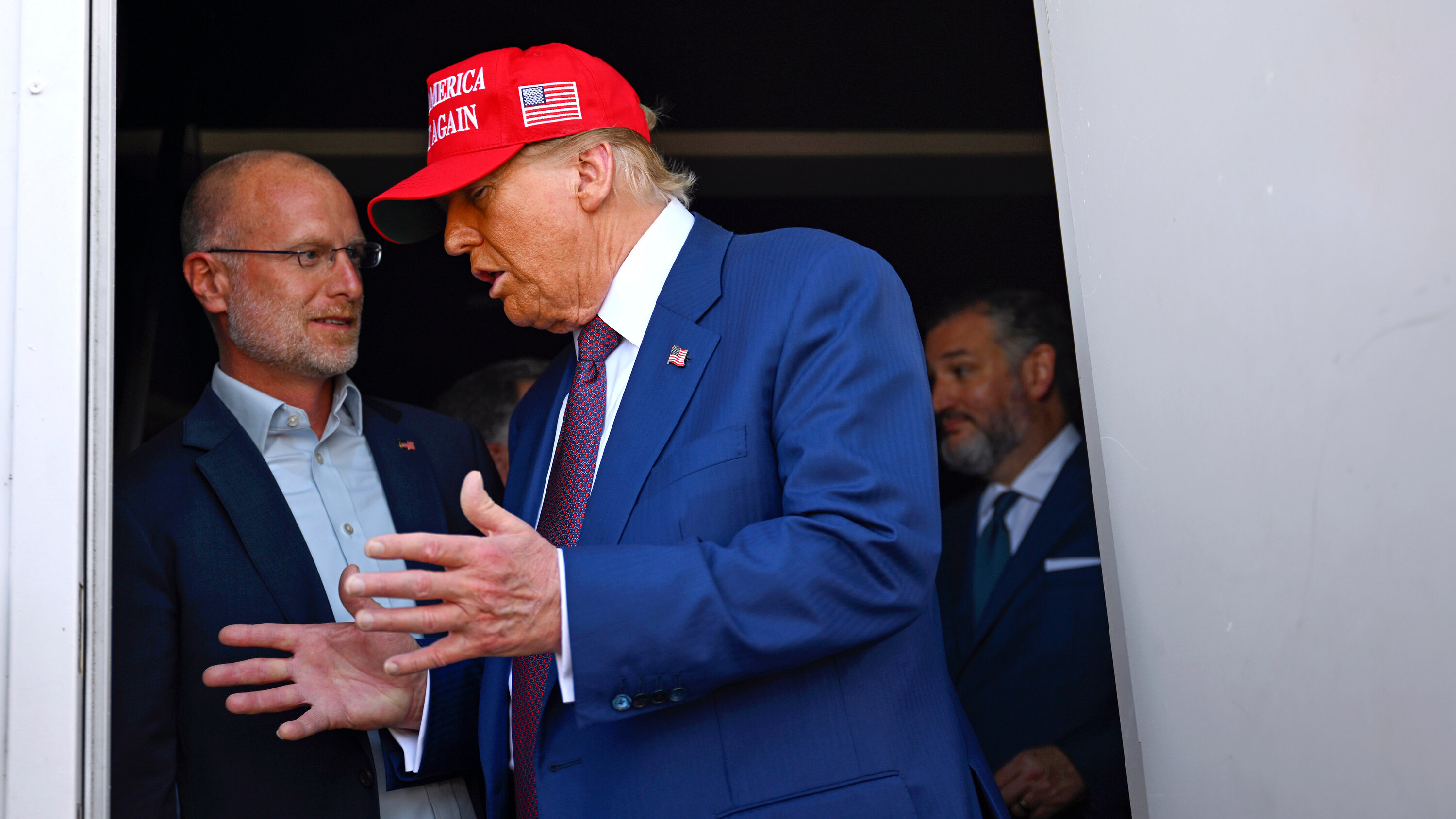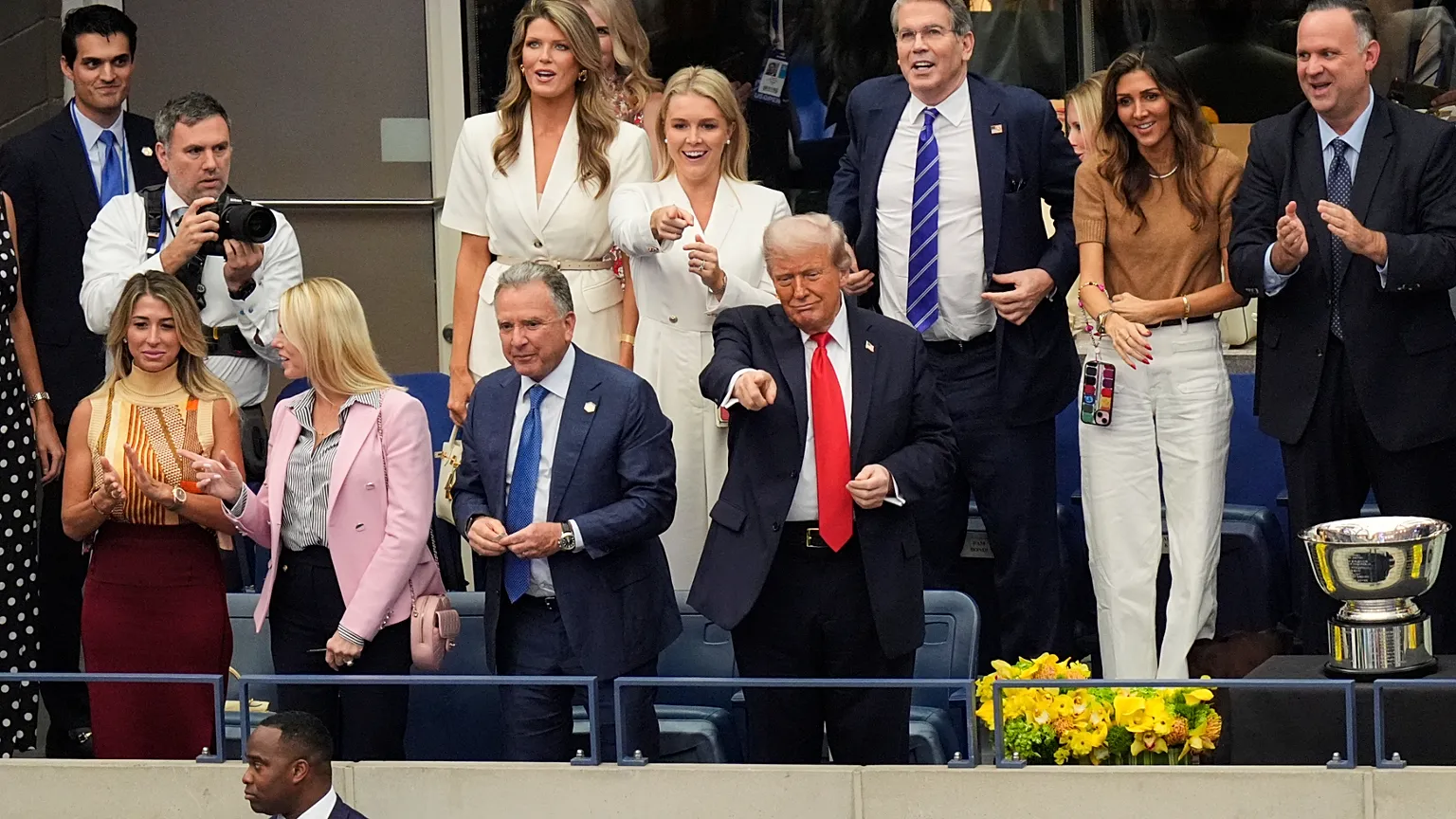In a democracy, businesses are supposed to provide goods, services, and jobs — not police satire. Yet here we are: corporations making cultural decisions not out of artistic judgment, but out of political fear.

The suspension of Jimmy Kimmel’s late-night show was explained in corporate language: affiliates cited “decency,” Disney weighed “brand protection,” and networks justified “audience sensitivities.” But strip away the euphemisms, and the story is simpler: business acted as censor-in-chief.
In a democracy, businesses are supposed to provide goods, services, and jobs — not police satire. Yet here we are: corporations making cultural decisions not out of artistic judgment, but out of political fear.
This essay argues that corporate censorship is not an isolated anomaly but part of a broader trend: businesses bending to politics, markets punishing dissent, and corporations becoming gatekeepers of democracy itself.
Corporations have always cared about reputation. But in recent years, reputation has become politicized.
• Advertising Pressure: Brands fear boycotts and social media backlash.
• Political Leverage: Lawmakers hint at regulation, taxation, or scrutiny for corporations that don’t comply.
• Market Incentives: Investors value stability, and “controversy” is treated as risk.
In this environment, companies act less like businesses and more like cultural regulators. Disney suspending Kimmel wasn’t about content quality. It was about avoiding political heat and protecting stock price.

The irony is sharp: under Citizens United v. FEC (2010), corporations enjoy First Amendment speech rights. Yet those same corporations now restrict the speech of individuals when it threatens profit or invites political ire.
The Supreme Court will inevitably be asked: Do corporations have the right to silence others to protect themselves?
If the Court sides with corporations, America risks codifying a system where businesses decide what citizens can hear. Corporate personhood becomes not just a shield but a sword. Democracy depends on checks and balances. When corporations become censors, balance collapses:
• Government Outsources Control: Politicians pressure companies instead of passing laws, avoiding accountability.
• Corporations Enforce Silence: Businesses cancel shows, pull books, terminate contracts.
• Citizens Lose Voice: Freedom shrinks, not through law, but through contracts and corporate policies.
This is governance by proxy — unelected, unaccountable, and driven by quarterly earnings. “When business becomes censor-in-chief, it ceases to be business at all.”
Corporations don’t just serve domestic markets. They send global signals.
• Allies watch whether U.S. corporations resist or comply with political pressure. Trust in trade agreements, defense contracts, and partnerships depends on perceived independence.
• Rivals point to corporate censorship as proof that America is no freer than authoritarian states.
• Investors ask: if Disney can be forced to suspend a comedian, could Boeing be forced to cancel an aircraft deal with Europe under political demand?
The global business community thrives on predictability. Corporate censorship introduces volatility. If World War III comes, corporations will be as critical as armies. Supply chains, technology, energy, and nuclear infrastructure all rely on business resilience.
A business culture that caves under political fragility today will fracture under wartime pressure tomorrow. If corporations can be pressured to silence comedians, how will they withstand state demands in moments of nuclear brinkmanship?
Resilient democracies require resilient businesses. Corporations that act as political enforcers weaken both markets and national security.
• Hollywood Blacklist (1950s): Studios complied with McCarthy-era pressure, destroying careers to protect profits.
• Nike & China (2020s): Companies apologized for acknowledging human rights abuses in Xinjiang, prioritizing market access over principles.
• Tech Platforms (Present): Social media firms act as arbiters of speech, deciding which voices are amplified or silenced.

In each case, corporate compliance eroded trust and emboldened political control. The Kimmel suspension belongs in this lineage. Wall Street punishes uncertainty. Corporate censorship creates unpredictability:
• Stock Volatility: Disney risks alienating audiences on both sides — those who wanted Kimmel silenced and those who defend satire.
• Foreign Capital Flight: Investors abroad hesitate when corporations appear subject to political interference.
• Supply Chain Fragility: Partners question whether U.S. firms can honor contracts if political winds change.
Economic power is influence. Censorship weakens it.
Corporate censorship mirrors dynamics in everyday life:
• In companies, employees learn that speaking up may cost jobs.
• In communities, dissenters are excluded to preserve “harmony.”
• In households, silence becomes the price of stability.
When businesses punish comedians, they normalize punishment of dissent at every level of society. Culture absorbs the lesson: safety lies in silence.
Corporations must choose:
1. Profit Through Compliance: Bend to politics, silence dissent, risk long-term trust for short-term safety.
2. Resilience Through Principle: Protect speech, endure backlash, and build reputational strength on independence.
The second path is harder. It demands courage, risk, and patience. But it is the only path consistent with democracy.
The Kimmel suspension is not simply a corporate HR decision. It is a sign of businesses acting as censors — prioritizing political convenience and profit over democratic resilience.
If corporations are allowed to become censor-in-chief, democracy no longer belongs to citizens or courts. It belongs to shareholders, advertisers, and executives calculating quarterly earnings.
Anonymous is a private guest contributor of WTM MEDIA. Through Why These Matter, they examines the intersections of ethics, geo-politics, and government leadership—bringing clarity to issues that shape people, influence culture, and determine the future of global society.

At the intersection of brain chemistry and human longing, intimacy between men reveals a landscape of vulnerability, reward, and identity. This article delves into how neural circuits, hormonal dynamics, and psychological frameworks undergird male-male intimacy—why it matters, why it unsettles, and why it offers one of the deepest paths to self-knowledge and human connection. By combining neuroscience, endocrinology, and relational psychology, this piece argues that male intimacy is not a peripheral luxury but a core human imperative: a frontier where biology and spirit collide.

AI is reshaping medicine from diagnostic tool to empathic collaborator — a transformation that redefines care, ethics, and the essence of healing itself.

Across alliances, borders, and institutions, power is increasingly exercised without trust. This article examines how legitimacy—not military strength or economic size—has become the decisive variable in global stability, and why its erosion now threatens international order.